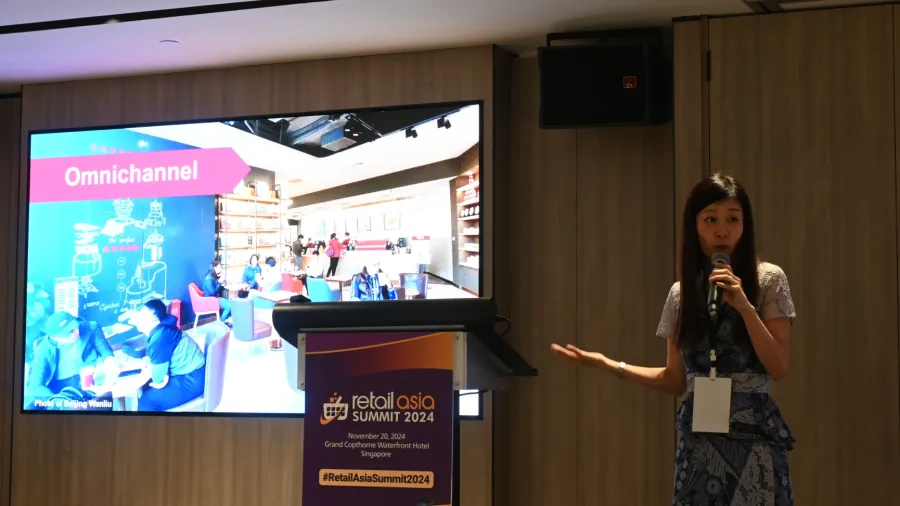
BHG Retail banks on membership data to drive sales
The Singapore Exchange-listed firm says Chinese consumers prefer to exercise and eat out.
BHG Retail REIT is using data from its in-house membership program to identify consumer trends at its malls across China, helping it adapt its marketing campaigns to boost sales.
The company leverages its WeChat mini program, where all stakeholders including tenants, buyers, and landlords participate in — and data analytics for targeted promotions, CEO Izlynn Chan told the recent Retail Asia Summit in Singapore.
The Singapore Exchange-listed mall operator has also established a digital presence on other platforms popular in China, including Douyin, the Chinese version of TikTok with over 700 million users.
“We do not sign long leases so we can keep refreshing our tenants quickly,” Chan said. “In China, we noticed that wellness was gaining traction so anything with sports, exercise, and wellness has become very popular.”
This year, Canadian-American athletic apparel retailer Lululemon Athletica, Inc. reported $1b in sales in China, which is poised to become its second-biggest market after the US.
Chan said 70% of the company’s tenant mix is in the experiential segment that requires people to visit the store.
She also noted that many families in China prefer not to cook. “Eating out has become a lifestyle now, so we make sure that we have a wide variety of food and beverage selections.”
China’s younger generation has become increasingly dependent on frozen meals, whose market is projected to reach over $29.4b (¥213b) by 2025 from $25.3b (¥183.54b) in 2024, according to German data platform Statista.
Chan said the consumption downgrade trend has reached China. In July, the country’s consumer confidence index hit a near-all-time low of 86, according to Nomura.
But people are still spending, on the hunt for products that are more reasonably priced, she added.
“Because our suburban malls are strategically located far away from the city centre, people living near the area come to us at least three or four times a week,” Chan said.
The company organises events regularly to engage and bring people into the mall. “Our consumer demographic is leaning more toward young families, so we hold marketing events where children come to take part in competitions or a performance, and the whole family will spend together in the mall,” she added.



















 Advertise
Advertise







